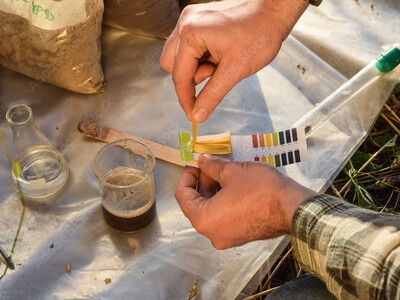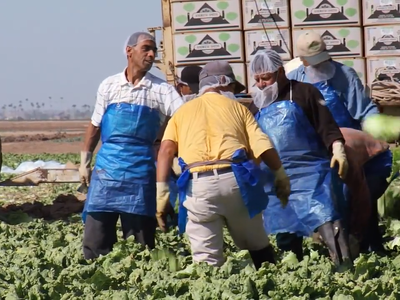Spuds and Japan
The U.S. potato industry continues to push Japan to allow imports of fresh U.S. potatoes.Japan is a major destination for processed potatoes from the United States, but it does not allow fresh U.S potato imports.
“It’s a big market for processed potatoes and we also received access for chipping potatoes about three years ago,” said National Potato Council CEO Kam Quarles. “But there is no fresh table stock potato access.”
If the United States is allowed to export fresh potatoes into Japan, it would result in about a 10 percent increase in fresh U.S. potato exports, according to Quarles.
The NPC estimates that if full market access for fresh U.S. potatoes to Japan is realized, it would result in an additional $150 million per year in exports.
Opening Japan to fresh U.S. potato exports would benefit Idaho potato growers and the domestic industry as a whole, according to industry leaders.
“We love markets to export to because that takes some of the pressure off of our domestic supply,” said Idaho Potato Commission CEO Jamey Higham. “We think our Idaho brand would be well received in Japan.”
Idaho leads the nation in total potato production. Spuds are the state’s top crop in terms of total revenue and it’s the product that Idaho is most famous for.
Idaho farmers produce about 14 billion pounds of potatoes every year, which is about a third of the nation’s total spud supply.
According to a first-of-its-kind NPC report, the U.S. potato sector had an estimated $101 billion impact on the nation’s economy in 2021.
According to that “Spud Nation” report, about 20% of American potatoes are exported, which results in an almost $4.8 billion economic impact on the nation’s economy and supports almost 34,000 jobs.
The report also found that export markets are an important avenue for the U.S. potato sector. About 20 percent of the spuds grown in the United States are exported, either as fresh or processed potatoes.
On April 11, a bipartisan group of 10 U.S. senators, including both of Idaho’s senators, sent a letter to the president urging him to continue to push Japan to allow access to fresh U.S. potatoes.
According to the letter, fresh potato access to Japan was first requested almost three decades ago.
Despite the efforts of USDA’s Animal and Plant Health Inspection Service (APHIS), Japan’s Ministry of Agriculture, Farming and Fisheries (MAFF) “continues to delay substantive technical discussions on table stock access,” the letter states.
“This marks the fifth year of discussions without any forward progress by MAFF to resolve this decades-long issue,” it adds.
The bipartisan letter states that there is “no valid phytosanitary justification for these delays, as the U.S. potato industry has a strong history of exporting fresh potatoes to many markets, including South Korea, Taiwan, Hong Kong, Singapore, Indonesia, the Philippines, Malaysia, and Thailand. These exports occur safely and routinely throughout the year, providing benefits both for consumers in the Indo-Pacific and our growers here in the United States.”
During the week of Sept. 16, there will be another bilateral meeting between APHIS and MAFF, in Idaho Falls.
That will present another opportunity to keep pressuring Japan on this issue, said Quarles, who was in Tokyo last year for the groups’ annual bilateral meeting.
“Japan has just stalled the negotiations,” he said. “We have to maintain the pressure on (them). There is no legitimate reason for them refusing to negotiate. It’s purely protectionism … I don’t think Japan can ignore their international obligations forever.”













